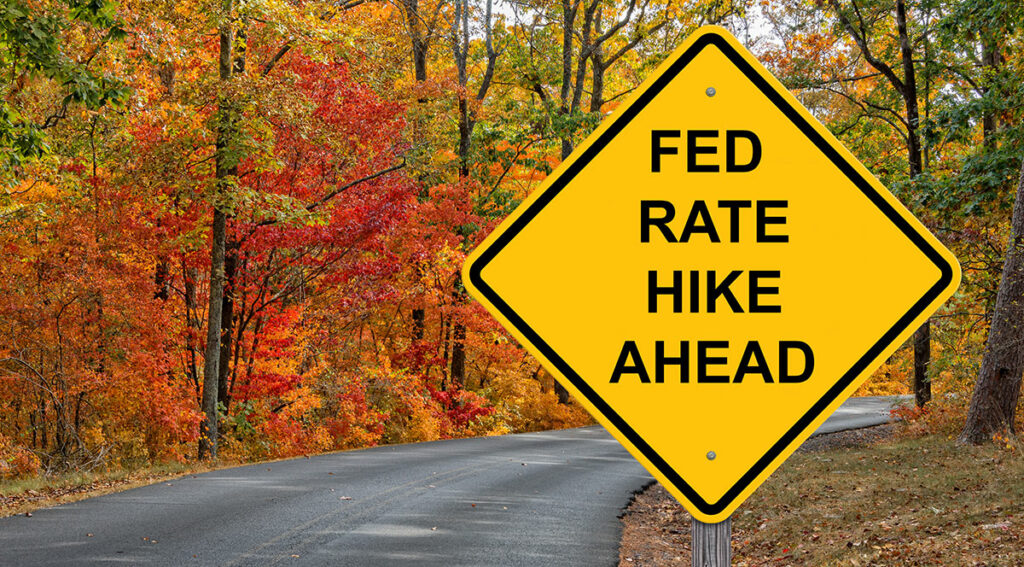Vacation with Jerome Powell a Trip to Dismal STEM Camp

It is fitting that Federal Reserve Board Chairman Jerome Powell gave his most recent remarks on inflation and the economic outlook in the resort town of Jackson Hole, Wyoming. While the location if the annual conference sponsored by the Federal Reserve Bank of Kansas City has been a fixture for monetary policy groupies for nearly 50 years, the substance of Powell’s message was concise and business-like.
The opening paragraph – sounding like a beleaguered father behind the wheel of the family car on a long vacation drive – made clear where the monetary policy car was headed. It bears repeating in full:
“Good morning. At last year’s Jackson Hole symposium, I delivered a brief, direct message. My remarks this year will be a bit longer, but the message is the same: It is the Fed’s job to bring inflation down to our 2 % goal, and we will do so. We have tightened policy significantly over the past year. Although inflation has moved down from its peak—a welcome development—it remains too high. We are prepared to raise rates further if appropriate and intend to hold policy at a restrictive level until we are confident that inflation is moving sustainably down toward our objective,” Powell said.
Anyone hoping the Federal Open Market Committee was ready to stop at a roadside souvenir stand and give rising interest rates a rest was sure to be disappointed. And for those who believed somehow that Powell was just being grumpy, the Fed chief was quick to cut off any hopes of a monetary policy sea change, saying the road to price stability remained long.
“The process still has a long way to go, even with more favorable recent readings,” he said.
After a brief interlude on the intricacies of core PCE inflation and its three components – 1inflation for goods, inflation for housing services and inflation for all other services – Powell returned to his main theme of more rate hikes ahead, saying with pandemic-related economic effects easing, “restrictive monetary policy will likely play an increasingly important role” and we should all expect “a period of below-trend economic growth as well as some softening in labor market conditions” in the coming months.
It is not surprising Powell offered a cool perspective on the economic outlook. It is counterintuitive that a growing economy could be a bad thing, and one might expect continuing growth in consumer spending and strong employment numbers would be positive signs. But economists look at the world with different lenses and like financial engineers are always looking for weaknesses and stress points. It is a trait the continues to confirm the discipline’s reputation as the Dismal Science.
That is nowhere clearer than in his thoughts on the economic outlook, where he describes the economy’s strong spending and employment numbers as “persistently above-trend growth” as if they were signs of some heartbreak of economic psoriasis.
It is understandable Powell and the Fed don’t want to raise expectations too high and create some new strain of irrational exuberance. But the negative waves aren’t helpful either.






